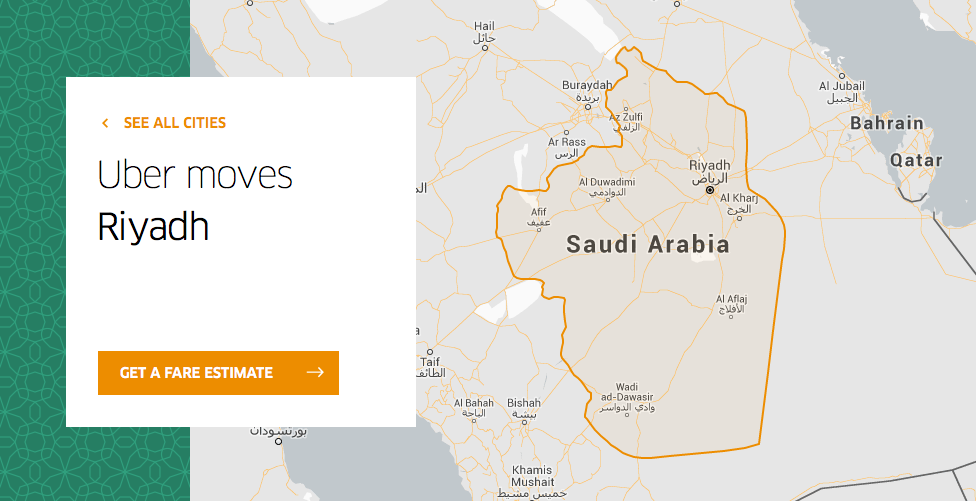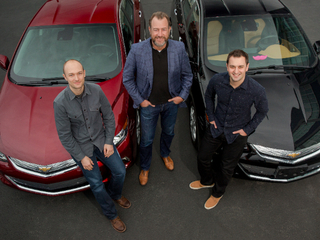The $1 billion fundraising round is so 2015.
Uber announced this week that it has secured a new $3.5 billion investment from Saudi Arabia’s government-controlled Public Investment Fund, marking one of the largest ever fundraisings by a private company.

Well ahead of every other ride-hailing company around the world in terms of capital raised, Uber has now pulled in over $11 billion in investments and continues to be valued at $62.5 billion.
The new round didn’t provide an exit for any of Uber’s previous investors, and puts off the the prospects of an initial public offering (IPO) even further into the future. As far as I’m concerned, an Uber IPO this year is completely off the table.
“We appreciate the vote of confidence in our business as we continue to expand our global presence,” said Uber CEO Travis Kalanick in a prepared statement. “Our experience in Saudi Arabia is a great example of how Uber can benefit riders, drivers and cities and we look forward to partnering to support their economic and social reforms.”
For Saudi Arabia, the investment is seen as another major step in the kingdom’s plan to wean itself off oil, which has long provided the country with its chief source of income. After Venezuela, Saudi Arabia sits on the second largest proven oil reserves in the world.
Yet new mobility services like Uber and Lyft, advances in hybrid and electric vehicles by major automakers, and the broader climate change-driven push across the world to move away from oil and other fossil fuels have all provided clear signs to oil producers like Saudi Arabia that a new approach is in order. Technology investments looks to be part of that new approach.
Uber, on the other hand, sees Saudi Arabia and the Middle East as major potential markets. The company has operated in Riyadh, the capital and largest city of Saudi Arabia, since 2014.
The company has also cast its investment-partnership with Saudi Arabia as empowering to women, as 80 percent of passengers in the country are women. That may sound great, if you left it at that, but the reality is that the kingdom has strict religious rules forbidding women from driving. And the statistic neglects to mention what proportion of the county actually has access to the credit cards and technology required to use Uber.
Saudi Arabia’s new investment in Uber is just the latest example of magnates and investors around the world double-dipping in major emerging technology providers and their competitors.
As part of its $1 billion round of funding announced at the start of 2016, Lyft raised a little over $100 million from Kingdom Holding Company, a Saudi Arabian investment holding company with Prince al-Waleed bin Talal as its chairman and CEO. Al-Waleed is a member of the Saudi royal family.
Still, one can’t help but point out that Uber’s newest raise alone is nearly double what Lyft has raised in its entire history ($2 billion). And while its latest round valued Lyft at $5.5 billion, Uber is today valued at $62.5 billion.

















